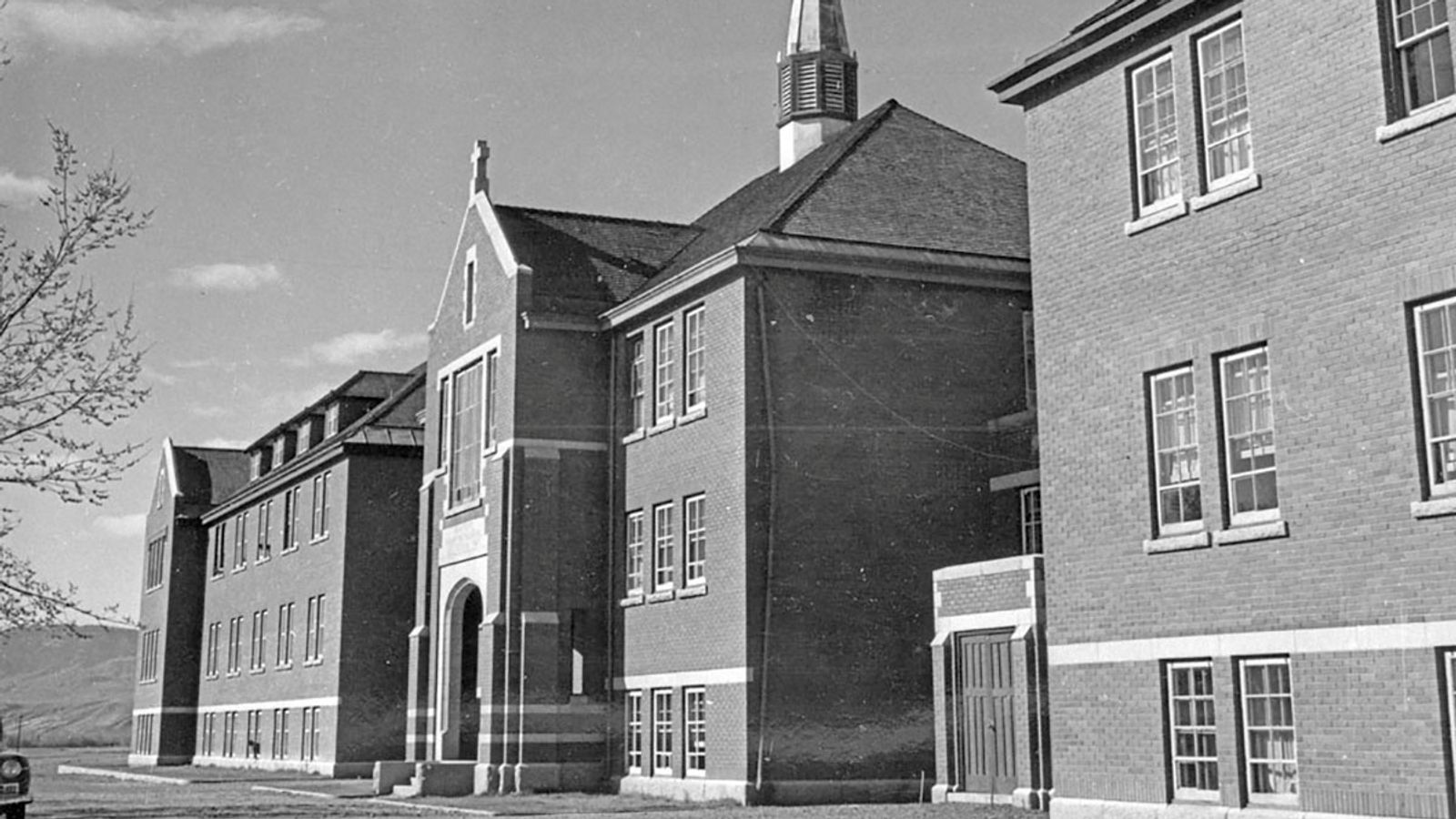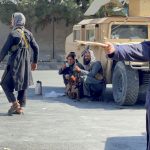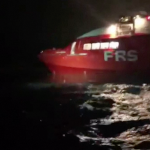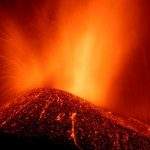The remains of more than 200 children have been found at the site of a former residential school for indigenous children in Canada.
Children as young as three years old are among the 215 sets of remains discovered at the Kamloops Indian Residential School in British Columbia, local indigenous leaders said.
Canadian Prime Minister Justin Trudeau described the find as heartbreaking.
The school, situated around 220 miles (354km) northeast of Vancouver, was once Canada’s largest residential school before it closed in 1978.
The remains were found with the help of a ground penetrating radar specialist, the Tk’emlúps te Secwépemc Nation said.
The Nation’s chief Rosanne Casimir said in a statement: “We had a knowing in our community that we were able to verify. At this time, we have more questions than answers.”
Horrific physical abuse, rape, malnutrition and other atrocities were suffered by many of the 150,000 children who attended the schools, a six-year investigation into the now-dismantled system found in 2015.
Indigenous children were forcibly separated from their families in what investigators called “cultural genocide”.
It found more than 4,100 children died while attending residential school, but it’s not believed the 215 are included in that figure.
The news that remains were found at the former Kamloops residential school breaks my heart – it is a painful reminder of that dark and shameful chapter of our country’s history. I am thinking about everyone affected by this distressing news. We are here for you. https://t.co/ZUfDRyAfET
Mr Trudeau wrote in a tweet that the news “breaks my heart – it is a painful reminder of that dark and shameful chapter of our country’s history”.
In 2008, the Canadian government formally apologised for the system.
The Tk’emlúps te Secwépemc Nation said it was engaging with the coroner and reaching out to the home communities whose children attended the school.
It expects to have preliminary findings by mid-June.
The British Columbia Assembly of First Nations regional chief Terry Teegee called finding such grave sites “urgent work” that “refreshes the grief and loss for all First Nations in British Columbia”.






















